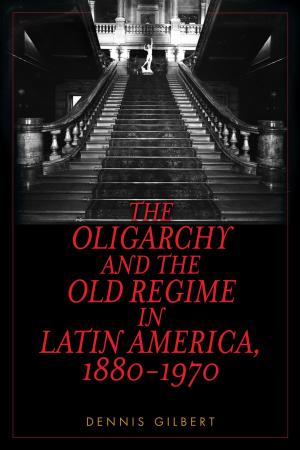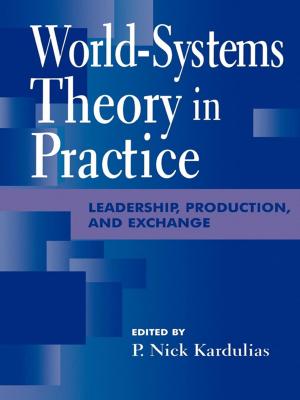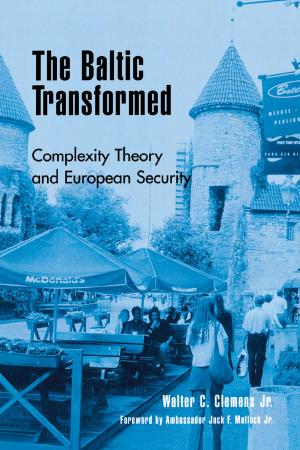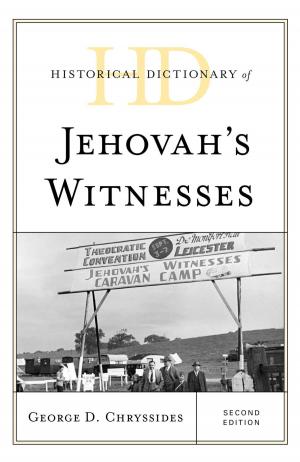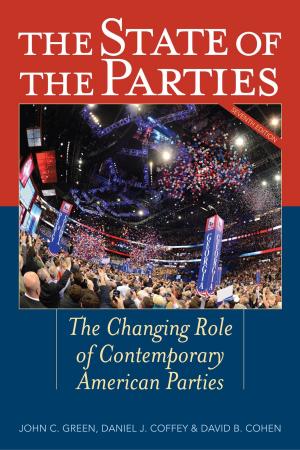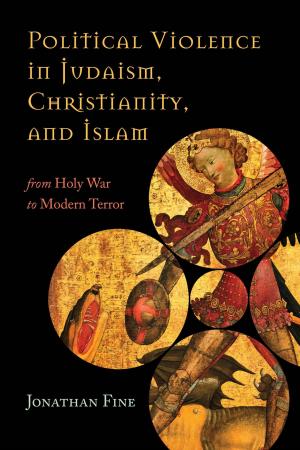Conversations with Gus Van Sant
Nonfiction, Entertainment, Film, Direction & Production, Performing Arts| Author: | Mario Falsetto | ISBN: | 9781442247673 |
| Publisher: | Rowman & Littlefield Publishers | Publication: | March 12, 2015 |
| Imprint: | Rowman & Littlefield Publishers | Language: | English |
| Author: | Mario Falsetto |
| ISBN: | 9781442247673 |
| Publisher: | Rowman & Littlefield Publishers |
| Publication: | March 12, 2015 |
| Imprint: | Rowman & Littlefield Publishers |
| Language: | English |
One of the most talented and imaginative artists of independent cinema, Gus Van Sant established himself with a number of important movies of the late 1980s and early 1990s. Beginning with Mala Noche, the 1986 gay classic of personal film expression, followed by two key works of the American indie movement, Drugstore Cowboy and My Own Private Idaho, Van Sant films often feature characters on the borders of mainstream society. Subsequent films included hits, misses, and a notorious remake of Psycho. Regardless of the critical or commercial response to his work, Van Sant has maintained a vision that is unique among contemporary filmmakers.
Conversations with Gus Van Sant is the first critical study to include both extensive original interviews with the director as well as discussions of his entirebody of work. The exchanges between film scholar Mario Falsetto and the indie filmmaker cover fifteen films directed by Van Sant over a period of thirty years. Throughout these discussions, Van Sant talks candidly about each film’s production history, visual style, editing patterns, and creative soundwork. The director also expounds on his work with actors, the relationship of independent filmmakers to the wider film industry, and many other subjects related to his filmmaking process. The conversations examine the rich thematic explorations of Van Sant’s films, which often revolve around the search for love and community on the margins of society and feature a fascination with death.
From experimental films such as Gerry, Last Days, Elephant,and Paranoid Park—where Van Sant rebooted his understanding of cinema and his relationship to the Hollywood film industry—to Milk and Promised Land, this book explores the rich network of meanings in the director’s work. By melding the author’s critical perspective with the filmmaker’s own ideas, Conversations with Gus Van Sant creates a wider perspective on one of the most iconoclastic and imaginative directors of the last thirty years.
One of the most talented and imaginative artists of independent cinema, Gus Van Sant established himself with a number of important movies of the late 1980s and early 1990s. Beginning with Mala Noche, the 1986 gay classic of personal film expression, followed by two key works of the American indie movement, Drugstore Cowboy and My Own Private Idaho, Van Sant films often feature characters on the borders of mainstream society. Subsequent films included hits, misses, and a notorious remake of Psycho. Regardless of the critical or commercial response to his work, Van Sant has maintained a vision that is unique among contemporary filmmakers.
Conversations with Gus Van Sant is the first critical study to include both extensive original interviews with the director as well as discussions of his entirebody of work. The exchanges between film scholar Mario Falsetto and the indie filmmaker cover fifteen films directed by Van Sant over a period of thirty years. Throughout these discussions, Van Sant talks candidly about each film’s production history, visual style, editing patterns, and creative soundwork. The director also expounds on his work with actors, the relationship of independent filmmakers to the wider film industry, and many other subjects related to his filmmaking process. The conversations examine the rich thematic explorations of Van Sant’s films, which often revolve around the search for love and community on the margins of society and feature a fascination with death.
From experimental films such as Gerry, Last Days, Elephant,and Paranoid Park—where Van Sant rebooted his understanding of cinema and his relationship to the Hollywood film industry—to Milk and Promised Land, this book explores the rich network of meanings in the director’s work. By melding the author’s critical perspective with the filmmaker’s own ideas, Conversations with Gus Van Sant creates a wider perspective on one of the most iconoclastic and imaginative directors of the last thirty years.

